I would have liked to compete in the National Spelling Bee as a young scholar. Unfortunately, I couldn’t get a sponsor. Nowadays, though, the event is attended not just by logophiles but by protesters. That’s right.
Four peaceful protesters, some dressed in full-length black and yellow bee costumes, represented the American Literacy Council and the London-based Spelling Society and stood outside the Grand Hyatt on Thursday, where the Scripps National Spelling Bee is being held.
Their message was short: Simplify the way we spell words.
Roberta Mahoney, 81, a former Fairfax County, Va. elementary school principal, said the current language obstructs 40 percent of the population from learning how to read, write and spell.
“Our alphabet has 425-plus ways of putting words together in illogical ways,” Mahoney said.The protesting cohort distributed pins to willing passers-by with their logo, “Enuf is enuf. Enough is too much.”
Spelling reformers are a quixotic bunch. Their devotion to spelling reform is somehow touching, as though they’re unaware that people have pushed for this — going on two hundred years — to almost no effect.
I will admit that English has some arcane orthography, and there are various reasons for that. For one thing, English spelling got more or less locked down just before the Great English Vowel Shift. Scribes represented words according to their dialect, and sometimes they had some funny preferences.
But English spelling isn’t all that bad. A major problem is vowels. There aren’t enough letters to represent all the vowels we use. But double letters allow us to distinguish between vowel sounds: ‘striping’ v. ‘stripping’. The much-maligned silent ‘e’ does its work, too: ‘wan’ and ‘wane’. The letter ‘c’ has two sounds, true. ‘Athletic’ ends with a /k/ sound, and ‘athleticism’ has a /s/ sound in it, but the ‘c’ preserves the relationship between these words that share the same root.
Spelling everything like it ‘sounds’ becomes more complicated when you realise that words sound different in different dialects. Would speakers of Scottish English be hosed in this new future? Whose dialect would get represented? And how does one distinguish homophones like ‘bow’ and ‘bough’ when they also become homographs?
If you want to see how different sound and spelling can become, have a look at French. Despite some reforms, there’s still quite a difference. Final consonants are often elided. ‘En haut’ is pronounced something like ‘ãõ’ — try saying ‘ah oh’ using only your nose.
I suppose one day the divide between English sound and English spelling will become so serious that we’ll have to sit down and make some tough choices. But it’s going to take a while.









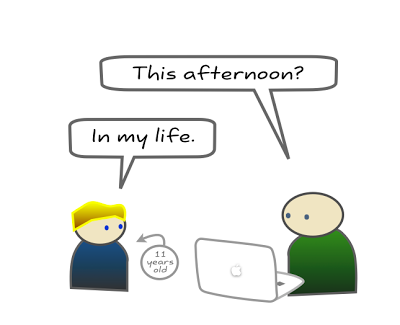
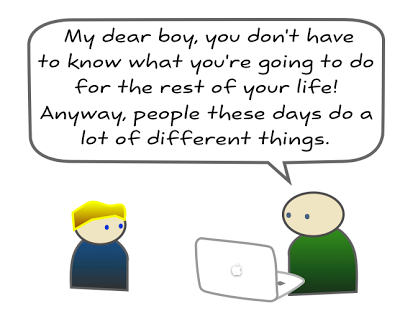
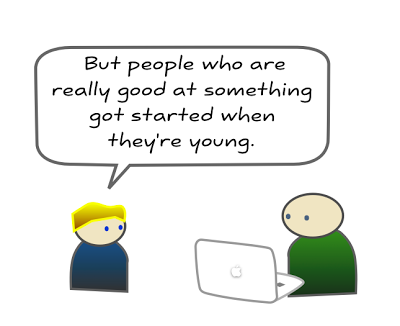

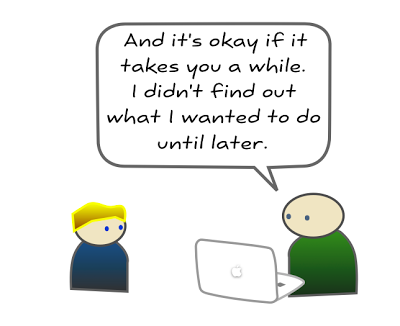
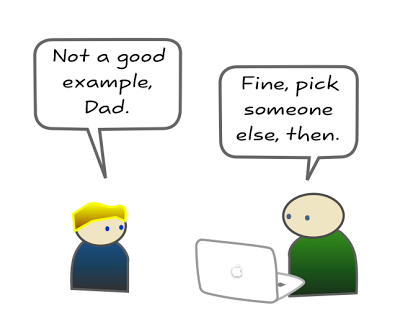
Recent Comments